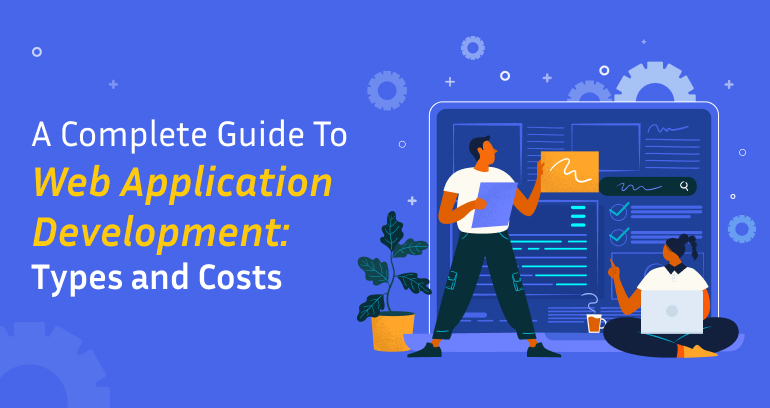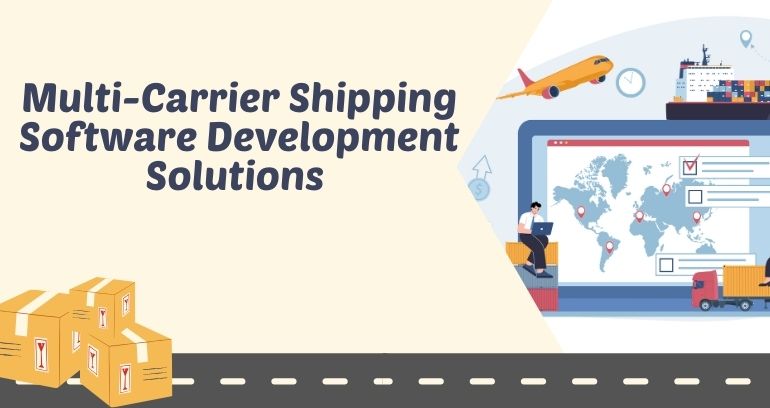Just a month ago, we came with the release notes of the Shopware version i.e. Shopware 6.3, and now we have another release. We are in complete sync with the Shopware latest versions which the ecommerce owners, retailers, partners, and developers can utilize and get benefits from improvements. In this article, we have given you a detailed summary of the latest version of Shopware i.e. Shopware 6.3.1. We have mentioned what changes you can observe.
New Features in Shopware 6
There are 3 important general new features:
1. Templates For Essential Features
From now onwards, the Shopware ecommerce retailers would be able to create their own templates. They can also define the required features which are essential to select for a product. It is highly important because the ecommerce store owners in Germany are legally obliged to display these features during checkout or in the order preview page. You can’t just link to product details.
What are the essential product features?
With a legal point, it is not properly defined or substantiated yet. But you can keep these things to note:
If the product features affect its price, quality, or usability, then you have to display them. Some of the common examples of essential product features:
- Base price
- Colour
- Size
- Material
- Quality
- State
Now you can create templates in administration and can determine essential product features in that template. So the customers would be able to check all the essential features on the order overview page as well as on the checkout page.
2. Registration of Retailers
It is a great feature to those Shopware ecommerce store owners who are not dealing with the end customers but retailers. This feature will let the retailer register with your shop directly. They can also request to get a transfer from the standard customer group for end customers to a new customer group. You can create a customer group for retailers and provide them with discounts, or any other benefits.
- Retailer registration is different from the standard registration process and can only be accessed with a specific link
- You can a reference like trade license request, etc. in the retail registration form page.
- If a retailer registers via this link, they will initially be set up as customer within the standard customer group, i.e. they can see the usual prices and taxes
- The retailers would be assigned to a requested customer group when the admin unlock the retailer for the requested group
- After request, the link for registering retailers through the Navigation builder can be logged in the footer of the shop.
3. Dynamic Product Groups for a better shopping experience
In the Shopware 6 release, dynamic product groups are a key element for Shopware retailers. The product groups can be set up on the basis of dynamic rules and can be displayed at different shop locations. Want to know more about dynamic product groups? Go through this documentation.
In the Shopware 6.3, you can display dynamic product groups as a source for a product offer or in a slider of products within the Shopware. It results in better marketing of products. It will also help in saving your time because you no longer need to assign the products. But you still have the option of assigning products individually if you prefer.
Developer News
These features are highly relevant for the Shopware developers:
4. Custom Field Improvements
The developers can now populate every set of custom fields for a product in Shopware. These sets will be shown for each product in the administration. It is initially confusing. So from now onwards, you can reduce the number of custom fields which are shown for each product. The sets which are assigned to a product will be visible. You can get a better overview of the data need to maintain.
5. CS Fixer Deprecated
CS fixer was deprecated and disappears with version 6.4. We will then be using the “Easy Coding Standard”:
https://github.com/symplify/easy-coding-standard
ECS was already in use by Shopware Core. The plugin providers can also adapt the plugin if they are using CS fixer.
6. Plugin Update
You can update the plugins only after installing them. Earlier while updating the plugin, update methods of not yet installed plugins were also retrieved thereby executing the migrations of that plugin.
7. Tax calculation sequence
The tax calculation sequence has also been changed. The Customer Cart Processor is executed before the Credit Card Processor. Due to this, the taxes for custom items in the Credit Card Processor are factored in now. This change only applies to admin orders.
Final Words
Shopware is a widely renowned platform for having the most live stores in Germany & DAHC region and surrounding territories. It is also used by a lot of UK-based merchants. It has empowered many of the biggest online stores in the ecommerce market. It is a PHP based Ecommerce application developed more than 18 years ago in Germany. At Emizentech, the best ecommerce application development company, we are having expertise in developing ecommerce stores in Shopware and other ecommerce platforms. Let us know your requirements and we will turn it into reality.
Also, learn about the other major Shopware Releases




